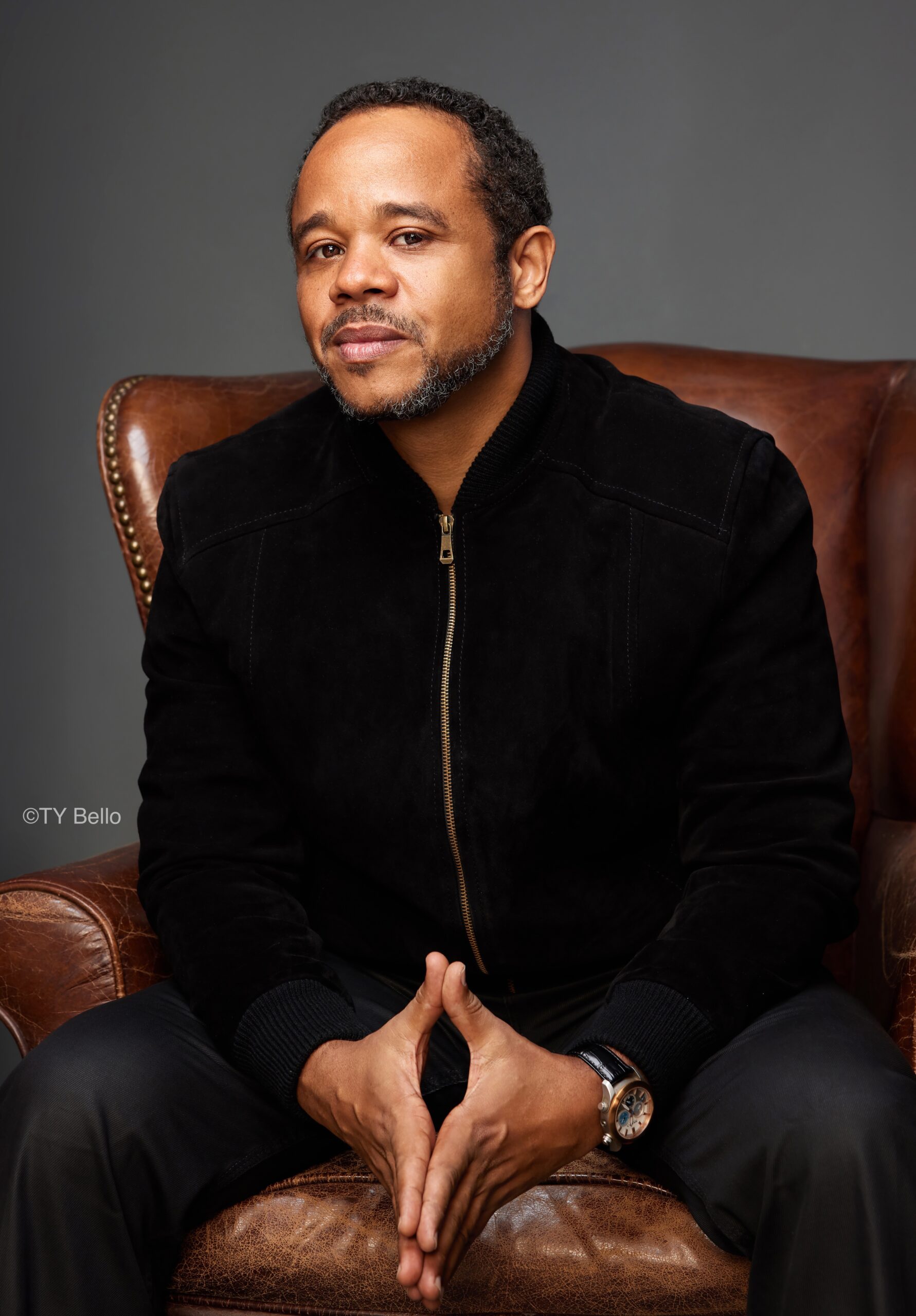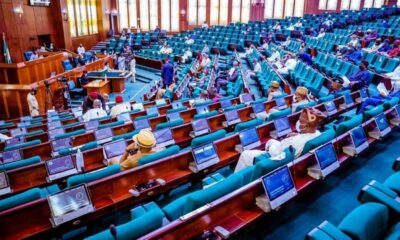Promotions
The Nigerian Youth & the Distinctive Response to the Subsidy removal
Written by Sam Onyemelukwe

The inauguration of Nigeria’s emerging President was met with a truckload of controversy. The election triggered numerous Twitter trends, and hashtags, as well as political pundits who had more than 2 cents about the electoral process and outcomes – one of which is the subsidy removal and its effect on the masses, in this case, the youth.
Arguably, one might say that this was expected. Millions of Nigerians who had banked on their preferred candidates were disappointed in the controversial elections conducted by the Independent National Electoral Commission (INEC).
Peter Obi’s decision to run as a presidential candidate for a less controversial party, brought numerous Nigerians together, especially the soro soke generation, to fight for their right to vote in response to the woes of the previous Buhari administration, but to the dismay of most Nigerians Peter Obi lost the election to APC’s Bola Ahmed Tinubu at the polls.
‘For someone to start within six months and get that degree of attention, it’s not him’, These were the words of Donald Duke asserting that Peter Obi is a representation of the aspiration and disappointment of most Nigerians. But that’s in the past as we must now focus on the present and what the future holds.
The overbearing effects of subsidy removal
On May 29th, 2023, at Eagle Square Abuja, what followed after the inauguration of President Bola Ahmed Tinubu was the bitter-sweet announcement of the subsidy removal.
Even though the president was only actualizing his immediate predecessor’s plans, the masses have questioned the way the subsidy was removed. President Tinubu, who tagged the fuel subsidy as anti-poor before his victory at the poll, assured Nigerians that the fuel subsidy would be removed, and in the blink of an eye, the price of petrol skyrocketed from 189 Naira to over 500 Naira per litre. That declaration by the president was trailed by panic buying and gridlock in petrol stations across the country.
The pump price in Lagos was as high as 700 Naira per litre.
According to a report on Premium Times, when the announcement was made, transport workers doubled the fare the following day to cushion the effect on their business. The price hike was as high as 50% and That’s not all.
Food inflation also saw a rapid spike the following month, rising to 25% as against the 24,82% recorded in May, due to transport costs and the increased cost of energy expended to produce food.
Will it get better?
With the above effects, it is easy for the average Nigerian to misunderstand the logic behind the subsidy removal and misinterpret it to be a terrible move by the government instead of a solution.
Beyond inflated food prices and the high cost of transportation, about 151 million youths stand to be affected by this snag.
The tiny trust they had in the government and its mantra of renewed hope is fast dwindling by the second, and it is only promoting the erosion of moral boundaries in the youths.
We are already in a cyber fraud (Yahoo Yahoo) pandemic. The average youth is obsessed with money and willing to go to any length to gain financial freedom. Most Nigerian youths are in survival mode, frantic about making it financially, blowing up, and most are eager to ‘japa’ to seek greener pastures given the migration trend that has rocked the nation lately.
This new development will either fan the bellows of the “get-rich-fast” syndrome or encourage more people to manage money better and discover more creative ways to create wealth besides expecting to blow.
Thankfully, even though there might be a few knock-on effects from the subsidy removal, the creative industry, especially the music industry is booming. And as the industry becomes more lucrative, it becomes increasingly attractive to the youth and poses as an alternative source of income to cushion the current effects of the subsidy removal.
Quite frankly, the pre-election and post-election effects have also raised the interest of more Nigerians, particularly the youths in politics and governance.
My only hope is that this yields an increase in political participation and consequently, strategic policies carried out effectively unlike how the subsidy removal was done.
Subsidy removal – a necessary evil.
Think of the fuel subsidy as the federal government splitting the bill with you when you purchase some petrol at the fuel station.
In 2022 alone, the NNPC spent $10 billion just to subsidise fuel. From this, it is obvious that the exercise is counterproductive and will continue to injure the country’s economy. However, it can be assumed that more could be done to cushion the effect before and after its implementation.
Let the poor breathe.
Temporary relief can come if 50% of the money recovered from the subsidy removal is budgeted to help the teeming youth population endure this trying phase, especially the least educated and the unemployed.
It could be better spent on improving important sectors like healthcare, infrastructure development, and education. Although the positive effect of the removal might take a while to reflect, the earlier we foster this change, the better for us as a nation.
It is time to stop enriching the rich under the guise of subsidy. It is time to take back our nation and stop running to countries that are seemingly better off because the truth is, the grass isn’t as green on the other side.
And if you must japa, do proper research on the country you intend to migrate to. Know the visa requirements, cost of living, ease of finding a job and accommodation, ease of banking, cost of health care and access to insurance, and tax obligations, amongst others.
Above all, there’s no place like home and we must all play our part to ensure its progressive growth.





















